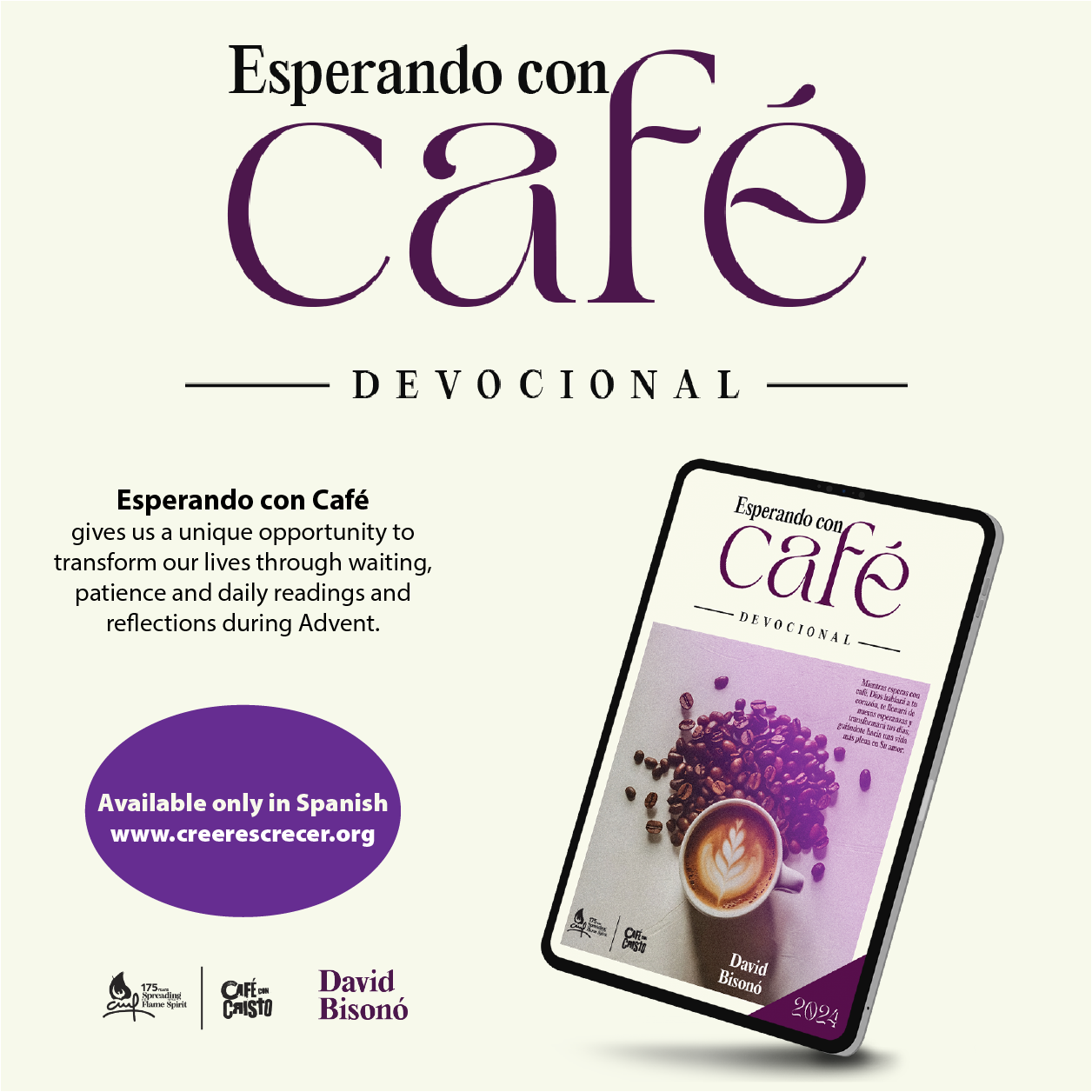c. 2013 Religion News Service
(RNS) Nearly every home has at least one Bible, although few read it.
But 16 percent of Americans log on to Twitter every day. And that’s where author Jana Riess takes the word of God. A popular Mormon blogger at Religion News Service and author of “Flunking Sainthood,” Riess spent four years tweeting every book of the Old and New Testaments with pith and wit.
Now, the complete collection — each chapter condensed to 140 characters — is on sale as “The Twible,” (rhymes with Bible) with added cartoons and zippy summaries for each biblical book.
Her tweets mix theology with pop-culture inside jokes on sources as varied as ”Pride and Prejudice,” “The Lord of the Rings” and digital acronyms such as LYAS (love you as a sister). To save on precious character count, God is simply “G.”
Thus, the Ten Commandments passage in Exodus 20:1-17 becomes: “G’s Top Ten List: No gods, idols, or blasphemy. Keep the Sabbath holy & love Mom. Don’t kill, cheat, steal, lie, or look @ Xmas catalogs.” That last one covers coveting.
The book of Ruth is summed up: “Foreign girl wins Israeli edition of The Bachelor, thanks to savvy stage mom-in-law. Oh, and BTW? Women rock.”
The woman of virtue in Proverbs 31 has strength among her precious qualities, so Riess gives her “Michelle Obama arms.”
The collection reads like a comedy club encounter with a believer at the microphone. But her irreverent tone vanishes when she goes to the heart of the Christian text, the gospel stories of Jesus’ crucifixion.
For Luke 23, she tweets: “There’s just nothing funny about Jesus dying on a cross. Sorry. Catch up with me in the next chapter.”
“Nothing I could say would be appropriate,” Riess said in an interview. “I think I am very respectful to Jesus himself.”
Riess had no trouble getting sassy with snarling prophets or self-important disciples “who misunderstood or distorted what Jesus said. I know I could never do what they did — give up everything and follow their teacher to do extraordinary things for God. (But) they are very concerned with themselves and with the day to day,” she said.
Riess reads the Bible as a charge to generosity and justice, as well as a guide to salvation. That allows her to mock the Tea Party more than once.
“I don’t see the Bible as some do, as a free market treatise on capitalism. It is very much about the idea that the government (not only the individual) is supposed to be righteous and caring for everyone,” Riess said.
One of her favorite tweets is Matthew 25, where Jesus says his sheep, who fed and clothed the poor, are heaven bound. “P.S. Sorry goats, you’re on your own,” her tweet concludes.
A devoted Mormon convert, Riess, said she will donate 25 percent of her net profit (after her self-publishing expenses) among five charities — faith-based and secular — that provide humanitarian aid and disaster relief.
“The hardest chapters were the Bible’s many violent and disturbing passages,” said Riess. “I never want to trivialize pain.”
Also difficult: 150 Psalms including some of the Bible’s greatest and most familiar poetry of praise, love and lamentation. “Twitter is all about being concise. It’s not the greatest medium for conveying literary beauty,” she said. Indeed, the 23rd Psalm in “The Twible” is no King James Version: “G’s my shepherd. He lets me nap in green pastures. He protects me from the wolves. Sometimes it rocks to be a sheep, y’know.”
The book does turn serious in short essays where Riess draws on Jewish and Christian scholars and authors to elaborate theological points. She turns to the late novelist Reynolds Price to discuss the ending of the Gospel of Mark.
As Price pointed out, the gospel originally concluded with the women fleeing the empty tomb in terror, leaving the reader to wonder what’s next. “He wants us to live out the story,” writes Riess. “We are the women who discover the empty tomb — will we panic? Spread the word? What will we do next?”
Still, the goal of “The Twible” is, as Riess advertises, to make the Bible short and funny.
That doesn’t fly with Wayne Grudem, research professor of theology and biblical studies at Phoenix Seminary in Arizona. “The few brief segments of (‘The Twible’) that I looked at, while somewhat amusing, seemed to me at times to be disrespectful to the original content, even to the point of being irreverent. I cannot treat the Bible that way. God says, through Isaiah (66:2), ‘But this is the one to whom I will look: he who is humble and contrite in spirit and trembles at my word.’”
But Ralph Williams, a University of Michigan professor emeritus of English, who taught the Bible as literature for decades, has no problem with the idea of “The Twible.”
“When people come to the text in new and different ways, they may be inspired to take a look for themselves (at the Bible),” Williams said. And for those few who have already read the original, “The Twible” can “invite us to see it in terms we might not have thought before.”
As for Riess’ tone, Williams said, “Any religion which can’t afford to be laughed at isn’t worth believing in.”











